On August 26, Forward Defense hosted an event convening airpower experts to discuss key lessons learned from the war in Ukraine—and how the United States and allies must adapt their strategies and capabilities to fight in a rapidly evolving air environment.
Lieutenant General S. Clinton Hinote, deputy chief of staff for strategy, integration and requirements at the US Air Force, kicked off the event, later handing it over to a panel comprised of experts including General Philip M. Breedlove, former commander of US European Command and former supreme allied commander Europe; August Cole, Forward Defense nonresident senior fellow; and Lieutenant General VeraLinn Jamieson, former deputy chief of staff for intelligence, surveillance, reconnaissance, and cyber effects operations at the US Air Force.
The event also launched an Atlantic Council essay series called “Airpower after Ukraine: The future of air warfare.”
Air denial is easier than air control
Hinote began by observing that in traditional approaches to airpower, gaining air superiority in a conflict allowed the superior party to deny its adversary the ability to use the air domain while making use of it themselves. This is no longer the case, he said: Rather, the democratization of airpower has made it so that denying airspace to an adversary is far easier than controlling it for oneself.
Hinote suggested that since the United States is fundamentally a status quo power, the shift toward denial might be beneficial in some cases to enhance deterrence. Denial, he outlined, could be especially useful for deterring hostile Chinese action against Taiwan as former Chinese officials have listed air, maritime, and information superiority as a prerequisite for any invasion.
By contrast, Breedlove argued that while in some circumstances the shift to denial-based model of airpower would be beneficial, the United States would likely still desire the ability to achieve at least localized air superiority in support of ground forces.
Importance of domain agnosticism
Achieving air denial requires knowing what objects are in the air and possessing the means to project fire into the air. However, the panelists agreed that the specific sources of sensing and fires, whether they be ground, air, or sea based, are largely immaterial. They added that the challenge for successful militaries will be establishing the doctrines and capabilities necessary to harness sensor data and deconflict fires across domains in real time. Hinote argued that the crude nature of Russia’s deconfliction of fires was a principal cause for their failure to achieve air superiority.
The return of attrition and mass
Hinote observed that future conflicts between near-peer powers may trend towards stalemates and grinding war of attrition. Breedlove argued that the prevalence of mutual air denial is one cause for the attritional nature of the war in Ukraine. Should attritional warfighting set in, states will need capabilities that are quickly regenerable and scalable, the panelists agreed. Such a paradigm would be challenging for the US Air Force, they added, as the service is currently highly reliant on exquisite costly platforms as well as highly trained operators.
Hinote and Cole suggested scalable alternatives may come in the form of small and expendable autonomous platforms operating at medium and low altitude. Cole noted that importance of leveraging and expanding the current drone manufacturing industrial base to support large scale drone manufacturing. Cole also observed that the distributed nature of the drone industrial base will result in a range of heterogenous systems. The joint force will thus need to be prepared to integrate and use a diverse range of drone systems.
The rise of OSINT
Jameison outlined how air and space power have intersected with open-source intelligence (OSINT), dramatically shaping the information war in Ukraine. She added that the prevalence of publicly available satellite imaging and the mass proliferation of small drones has made the war in Ukraine the most recorded in human history. Operationally, Ukraine has harnessed OSINT, alongside other intelligence sources, to quickly identify targets and direct fires, Jamieson noted, adding that militaries will increasingly need to train on how to obtain, assess, and integrate OSINT.
Jamieson and Cole concluded by highlighting the role OSINT has played in maintaining support for Ukraine. They explained that frequently released satellite and drone images have enabled the global public to watch the war in Ukraine unfold in almost real time. Images and videos of tactical Ukrainian victories and direct evidence of Russian war crimes have galvanized worldwide sympathy for Ukraine. Encouraged by the attitude of the public, they conveyed, politicians in NATO countries have continued to push for expansive and sustained material support for the Ukrainian war effort.
Aidan Poling was a young global professional for Forward Defense at the Atlantic Council’s Scowcroft Center for Strategy and Security.
Read the essay series
A fireside chat with
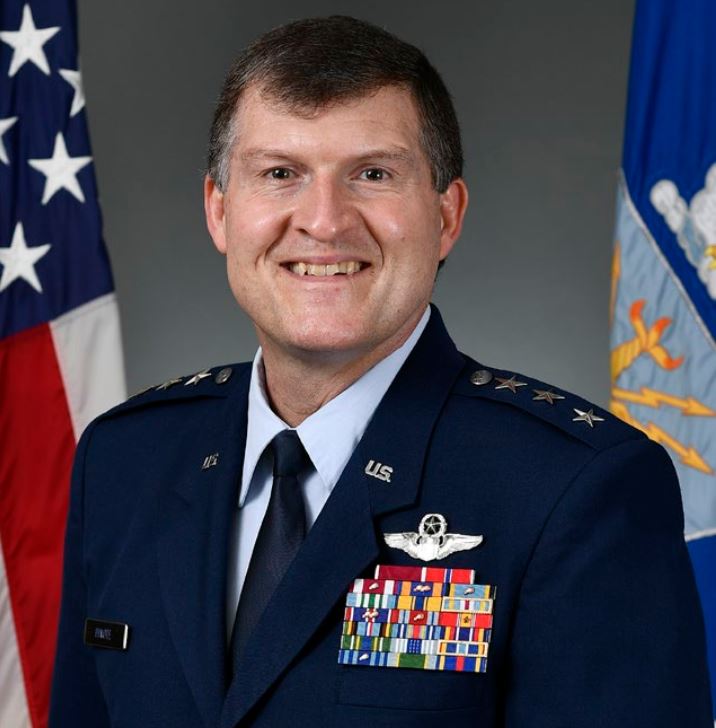
Lt Gen S. Clinton Hinote, USAF
Deputy Chief of Staff, Strategy, Integration, and Requirements, Headquarters, US Air Force
Moderated by

Dr. Kelly A. Grieco
Senior Fellow, Reimagining Grand Strategy Program, Stimson Center
A panel featuring
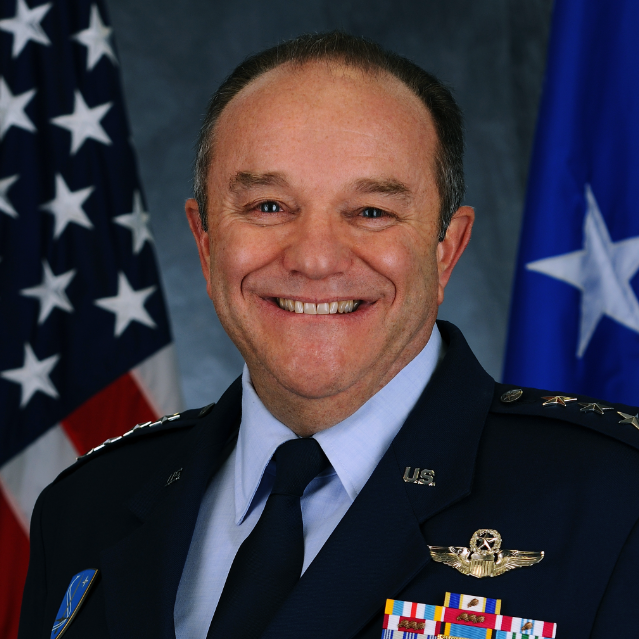
Gen Philip M. Breedlove, USAF (ret.)
Board Director, Atlantic Council; Former Commander, US European Command; Former Supreme Allied Commander Europe, NATO

August Cole
Nonresident Senior Fellow, Forward Defense, Scowcroft Center for Strategy and Security, Atlantic Council
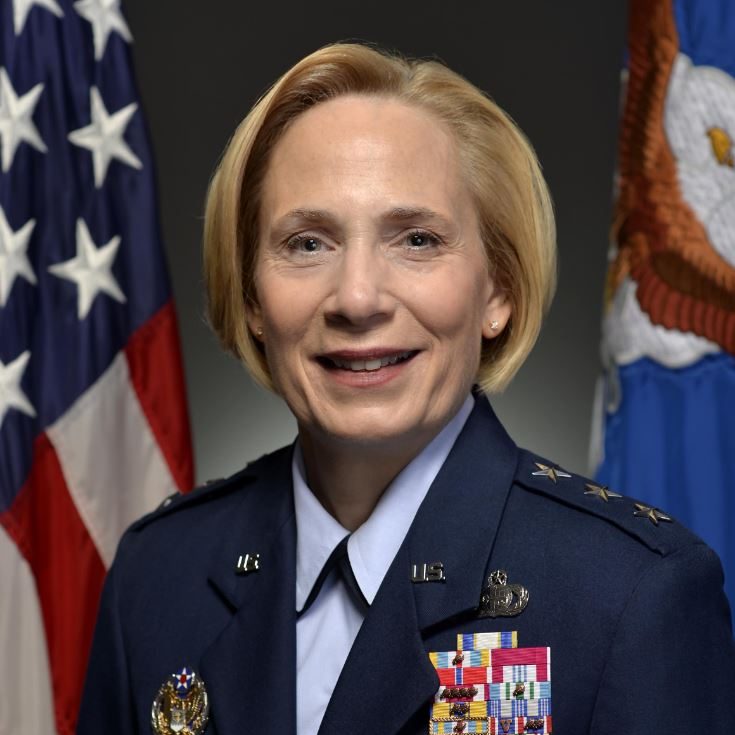
Lt Gen VeraLinn Jamieson, USAF (ret.)
Former Deputy Chief of Staff, Intelligence, Surveillance, Reconnaissance, and Cyber Effects Operations, US Air Force
Moderated by
Introduced by

Forward Defense, housed within the Scowcroft Center for Strategy and Security, generates ideas and connects stakeholders in the defense ecosystem to promote an enduring military advantage for the United States, its allies, and partners. Our work identifies the defense strategies, capabilities, and resources the United States needs to deter and, if necessary, prevail in future conflict.
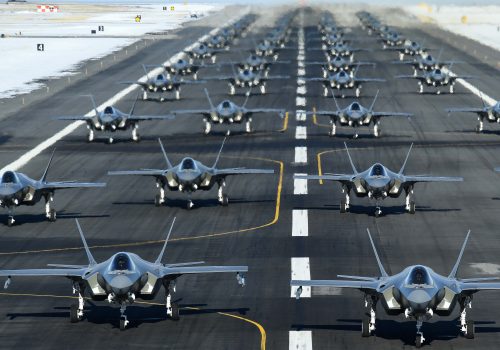
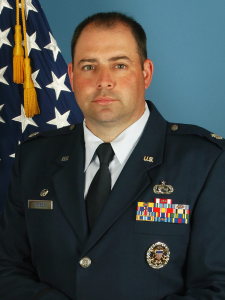

Follow the conversation on Twitter with @AtlanticCouncil and @ACScowcroft using #ForwardDefense